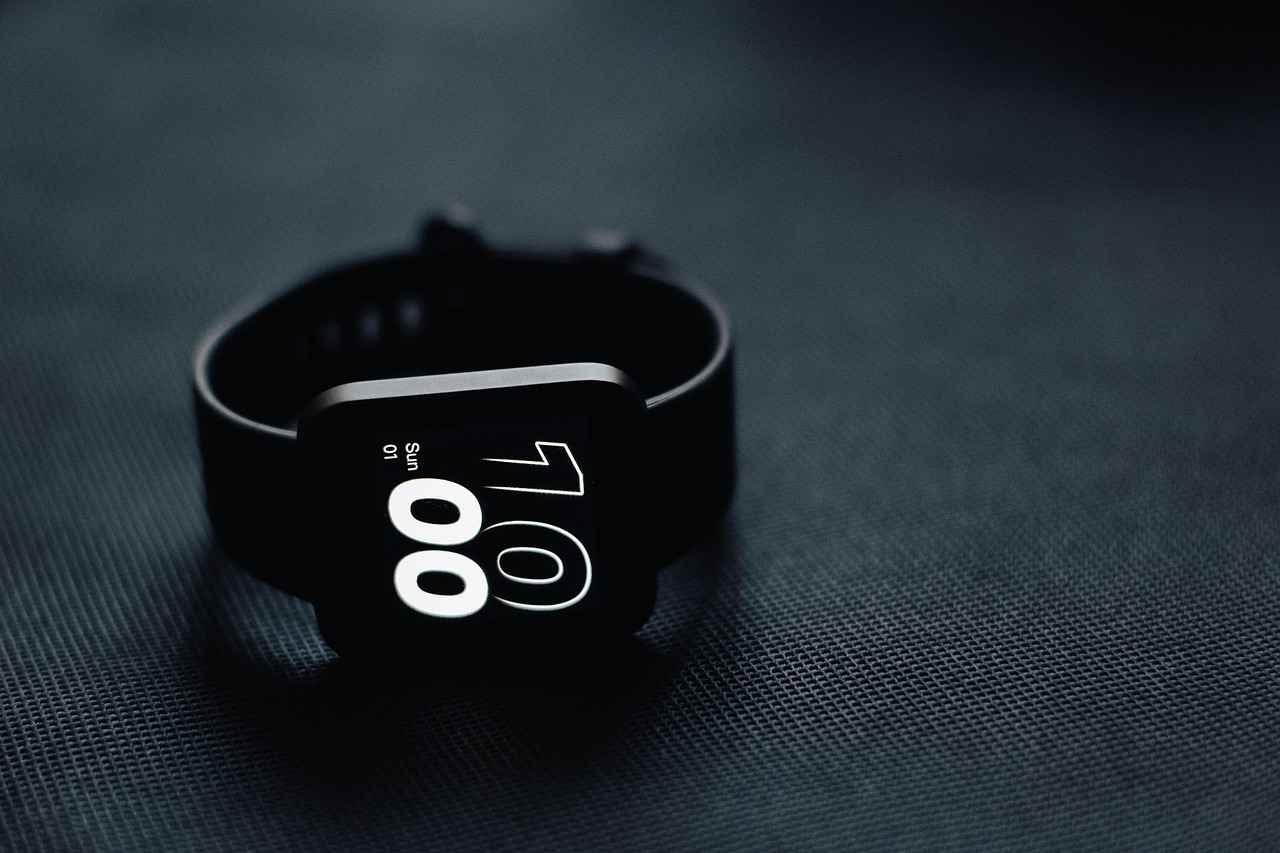This article delves into the top smartwatches of 2024, offering a comprehensive look at their features, pricing, and user preferences. Our goal is to equip you with the necessary insights to make an informed purchasing decision.
When selecting a smartwatch, it’s essential to understand what features matter most. Key considerations include:
- Battery Life: A long-lasting battery is crucial for daily use.
- Compatibility: Ensure the smartwatch works seamlessly with your smartphone.
- Health Tracking: Look for advanced health metrics that suit your needs.
For fitness enthusiasts, the right smartwatch can significantly enhance your training experience. Here are some standout options:
- Garmin Forerunner 255: Known for its GPS accuracy and heart rate monitoring.
- Apple Watch Series 8: Offers comprehensive health tracking features, including ECG and blood oxygen monitoring.
For those who prefer everyday wear, style and functionality are key. The following models excel in this category:
- Samsung Galaxy Watch 6: Combines sleek design with robust features.
- Fitbit Versa 4: A great choice for casual users seeking health insights.
Battery life is another critical aspect. The following smartwatches stand out for their longevity:
| Smartwatch | Battery Life |
|---|---|
| Garmin Fenix 7 | Up to 18 days |
| Amazfit GTR 4 | Up to 14 days |
Health tracking features have become increasingly important. Models equipped with sleep tracking, ECG, and blood oxygen monitoring provide valuable insights for users looking to manage their health effectively.
Finally, for tech enthusiasts, smartwatches that integrate the latest technology offer a seamless user experience. Models like the Google Pixel Watch bring cutting-edge features to the forefront, making them ideal for those who crave innovation.
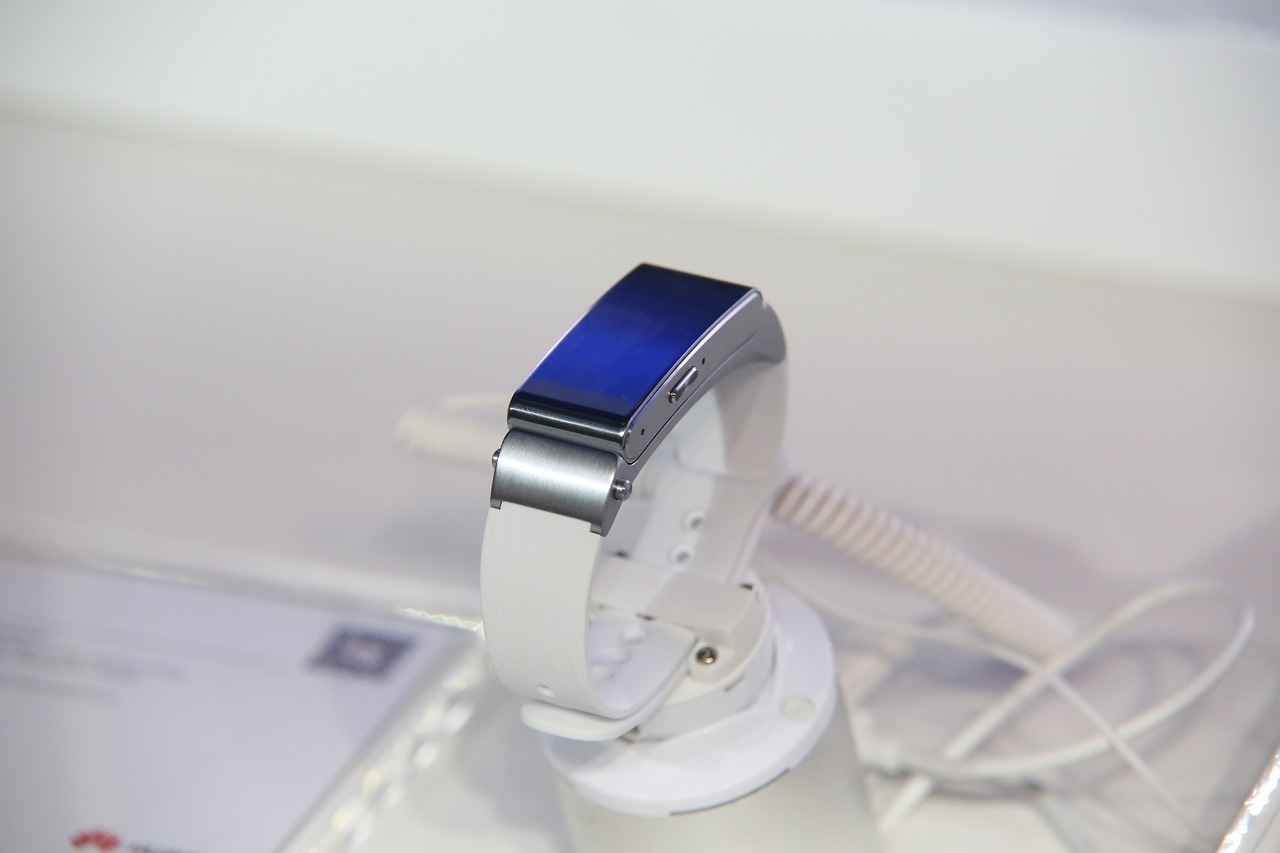
What to Look for in a Smart Watch
When it comes to selecting the ideal smartwatch, understanding key features is paramount for making an informed decision that aligns with your lifestyle. With a plethora of options available, focusing on specific attributes can help narrow down your choices. Here are some critical factors to consider:
- Battery Life: One of the most significant aspects to consider is the battery life of a smartwatch. A device that requires frequent charging can be inconvenient, especially for users who are always on the go. Look for models that offer extended battery life, often ranging from several days to weeks, depending on usage.
- Compatibility: Ensure that the smartwatch you choose is compatible with your smartphone’s operating system. Most smartwatches work seamlessly with either iOS or Android, but not all devices support both. This compatibility affects not only notifications but also app availability, so check this before purchasing.
- Health Tracking Capabilities: As health monitoring becomes increasingly important, many smartwatches come equipped with advanced health tracking features. Look for options that include heart rate monitoring, sleep tracking, and even ECG capabilities. These features can provide valuable insights into your health and fitness journey.
- Design and Comfort: Since you will likely wear your smartwatch daily, consider its design and comfort. A lightweight, ergonomic design will ensure that it feels comfortable throughout the day, whether you’re working out or attending a meeting.
- Durability: If you’re an active individual, look for a smartwatch that is water-resistant and built to withstand various environmental conditions. This durability ensures that your device can keep up with your lifestyle.
By paying attention to these key features, you can find a smartwatch that not only meets your functional needs but also enhances your overall lifestyle.
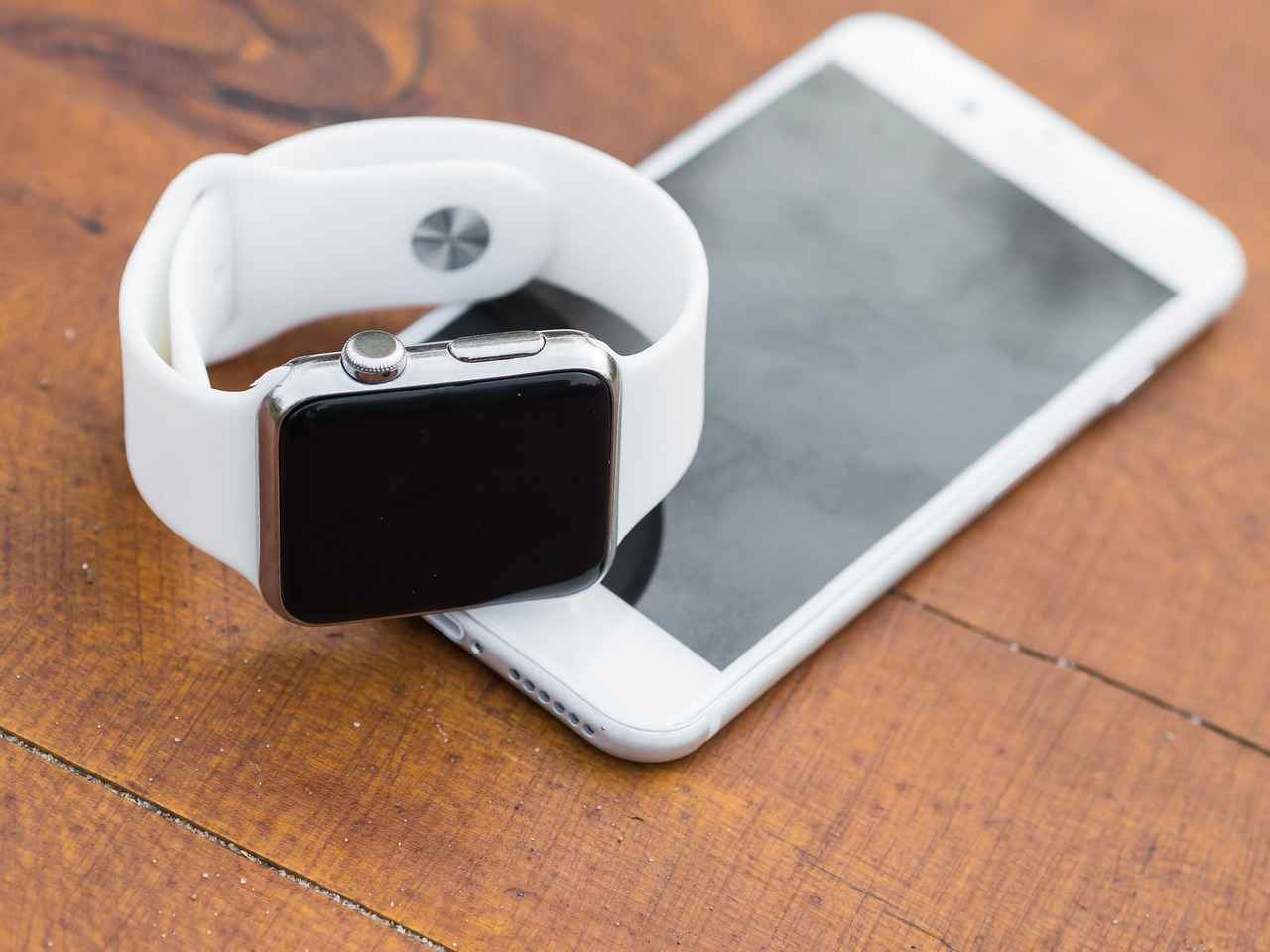
Top Smart Watches for Fitness Enthusiasts
When it comes to achieving your fitness goals, having the right tools can make a significant difference. Fitness-focused smartwatches have emerged as essential companions for health enthusiasts, offering a range of specialized features designed to enhance workout experiences and track progress effectively. These devices not only monitor vital statistics but also motivate users to stay active and informed.
One of the standout features of these smartwatches is heart rate monitoring. This function allows users to keep a close eye on their cardiovascular health during workouts, helping to optimize training sessions. With accurate heart rate data, individuals can tailor their workouts to achieve specific fitness objectives, whether it’s fat burning, endurance training, or high-intensity interval training (HIIT).
Moreover, many fitness smartwatches come equipped with GPS tracking, a crucial feature for outdoor enthusiasts. This technology enables users to map their routes, monitor distance, and track pace in real-time. Whether you are running, cycling, or hiking, GPS tracking provides valuable insights into your performance and helps you set achievable goals.
In addition to heart rate and GPS features, these smartwatches often include activity tracking capabilities, which record daily steps, calories burned, and active minutes. This comprehensive data encourages users to maintain an active lifestyle and can serve as a motivating factor to reach personal milestones.
When selecting a smartwatch, consider models that offer a combination of these features along with user-friendly interfaces and compatibility with fitness apps. Some of the best options available on the market in 2024 include:
- Apple Watch Series 8 – Known for its advanced health metrics and seamless integration with iOS.
- Garmin Forerunner 245 – Ideal for serious runners, featuring advanced GPS and training tools.
- Fitbit Charge 5 – Offers comprehensive health tracking at an affordable price point.
- Samsung Galaxy Watch 5 – Combines style with robust fitness features for Android users.
In conclusion, investing in a fitness-focused smartwatch can significantly enhance your health and fitness journey. By leveraging the advanced technology available in these devices, you can stay motivated, track your progress, and ultimately achieve your fitness goals more effectively.
Best Smart Watches for Running
When it comes to running, having the right tools can make a significant difference in performance and enjoyment. Running-specific smartwatches are designed with features tailored to the unique needs of runners, offering functionalities that go beyond standard fitness tracking. These devices are equipped with advanced technologies that help athletes monitor their progress and optimize their training.
One of the standout features of these smartwatches is pace tracking. This feature allows runners to monitor their speed in real-time, enabling them to adjust their pace according to their training goals. Whether you are training for a marathon or just aiming to improve your 5K time, understanding your pace is crucial for effective training.
Another essential aspect is route mapping. Many running smartwatches come with built-in GPS capabilities that not only track distance but also map out your running routes. This feature is particularly beneficial for those who enjoy exploring new trails or urban environments. With route mapping, runners can easily navigate their paths and even share their favorite routes with friends.
Moreover, these smartwatches often include heart rate monitoring, which provides valuable insights into your cardiovascular health during runs. By analyzing heart rate data, you can determine your optimal training zones and ensure that you are pushing yourself appropriately without overexerting.
Additionally, many models offer features like interval traininglap tracking, which can enhance your workout efficiency. These functionalities allow runners to set specific goals for each segment of their run, making it easier to stay focused and motivated.
In summary, running-specific smartwatches are an excellent investment for serious runners looking to enhance their performance. With features like pace tracking, route mapping, and heart rate monitoring, these devices provide comprehensive support for achieving your running goals.
GPS Accuracy in Running Watches
When it comes to running watches, GPS accuracy plays a crucial role in tracking vital metrics such as distance and pace. Accurate GPS readings are essential for runners who want to monitor their performance and improve their training regimes. In this section, we will explore how different models of running watches perform in real-world scenarios, highlighting their strengths and weaknesses.
Most modern running watches utilize GPS technology to provide real-time data. However, the level of accuracy can vary significantly between different brands and models. Factors such as satellite connectivity, the quality of the GPS chip, and even environmental conditions can impact performance. For example, watches equipped with dual-frequency GPS tend to offer better accuracy, especially in urban settings where signal interference is common.
To illustrate the differences in GPS performance, we can categorize running watches into three main tiers:
| Tier | GPS Accuracy | Best Models |
|---|---|---|
| High-End | Within 1-2% of actual distance | Garmin Forerunner 945, Suunto 9 |
| Mid-Range | Within 3-5% of actual distance | Polar Vantage V2, Fitbit Sense |
| Budget | Within 5-10% of actual distance | Amazfit Bip U Pro, Timex Ironman |
In addition to distance tracking, accurate GPS is essential for determining pace. Runners often rely on pace data to adjust their speed during workouts. Watches that provide real-time pace updates can help runners maintain their target speeds and avoid fatigue.
Moreover, features such as route mapping and back-to-start navigation are becoming increasingly popular among serious runners. These functionalities not only enhance the running experience but also ensure safety during long runs in unfamiliar areas.
Ultimately, choosing a running watch with excellent GPS accuracy can significantly enhance your training and performance. As technology continues to evolve, we can expect even more advancements in GPS capabilities, making it an exciting time for runners and tech enthusiasts alike.
Heart Rate Monitoring Features
When it comes to enhancing your fitness journey, heart rate monitoring features in smartwatches play a pivotal role. These capabilities are not just about tracking your heart rate; they help you gain deeper insights into your overall health and training efficiency. By analyzing your heart rate data, you can tailor your workouts to meet your specific goals, whether it’s fat burning, endurance training, or recovery.
Many of the latest smartwatches are equipped with advanced sensors that provide real-time heart rate monitoring. This feature allows you to keep an eye on your heart rate during various activities, ensuring that you stay within your desired heart rate zone. For instance, if you’re aiming for a high-intensity workout, you can monitor your heart rate to ensure you’re pushing yourself adequately without overexerting.
Moreover, some smartwatches offer continuous heart rate tracking, which means they can monitor your heart rate throughout the day, even during sleep. This data is invaluable as it helps you understand your resting heart rate, which can be an indicator of your cardiovascular health. An elevated resting heart rate could signal that your body is under stress or not recovering properly.
In addition to real-time monitoring, many smartwatches provide insights and analytics through companion apps. These platforms often feature heart rate variability (HRV) analysis, which can help you assess your recovery status and overall well-being. Understanding your HRV can guide you in adjusting your training intensity and recovery strategies.
With the integration of heart rate monitoring in smartwatches, users can also participate in guided workouts that adjust based on their heart rate. This personalized approach not only enhances training efficiency but also makes workouts more engaging and effective.
In summary, the heart rate monitoring capabilities of smartwatches are essential tools for anyone serious about fitness. By leveraging this technology, you can gain valuable insights into your health, optimize your training, and ultimately achieve your fitness goals more effectively.
Best Smart Watches for Everyday Use
When it comes to choosing a smartwatch for everyday wear, it’s essential to find a model that seamlessly integrates functionality with style. The ideal smartwatch should not only enhance your daily activities but also complement your personal aesthetic, whether you’re in a casual setting or a professional environment. Here, we explore some of the top smartwatches for everyday use that cater to diverse needs and preferences.
- Apple Watch Series 9 – Renowned for its sleek design and extensive app ecosystem, this model offers a perfect blend of style and functionality. With features like fitness tracking, customizable watch faces, and seamless integration with iOS devices, it remains a top choice for many.
- Samsung Galaxy Watch 6 – This smartwatch stands out with its stunning display and robust health tracking features. It supports both Android and iOS, making it a versatile option for users across platforms.
- Fitbit Versa 4 – Ideal for those who prioritize health, the Fitbit Versa 4 combines fitness tracking capabilities with a stylish design. It offers a variety of fitness modes, sleep tracking, and a battery life that lasts several days.
- Garmin Venu 2 – Known for its exceptional GPS accuracy and fitness features, the Garmin Venu 2 is perfect for active users. Its vibrant display and customizable features make it suitable for both workouts and daily wear.
- Fossil Gen 6 – This smartwatch showcases a classic design while incorporating modern technology. With features like heart rate monitoring, customizable dials, and compatibility with Google Assistant, it appeals to those who appreciate both form and function.
Choosing the right smartwatch for everyday use means considering how it fits into your lifestyle. Look for models that offer customization options, a range of health-tracking features, and the ability to sync with your smartphone. The best smartwatches provide not only essential notifications but also a stylish accessory that enhances your overall look, making them perfect for both casual outings and professional meetings.
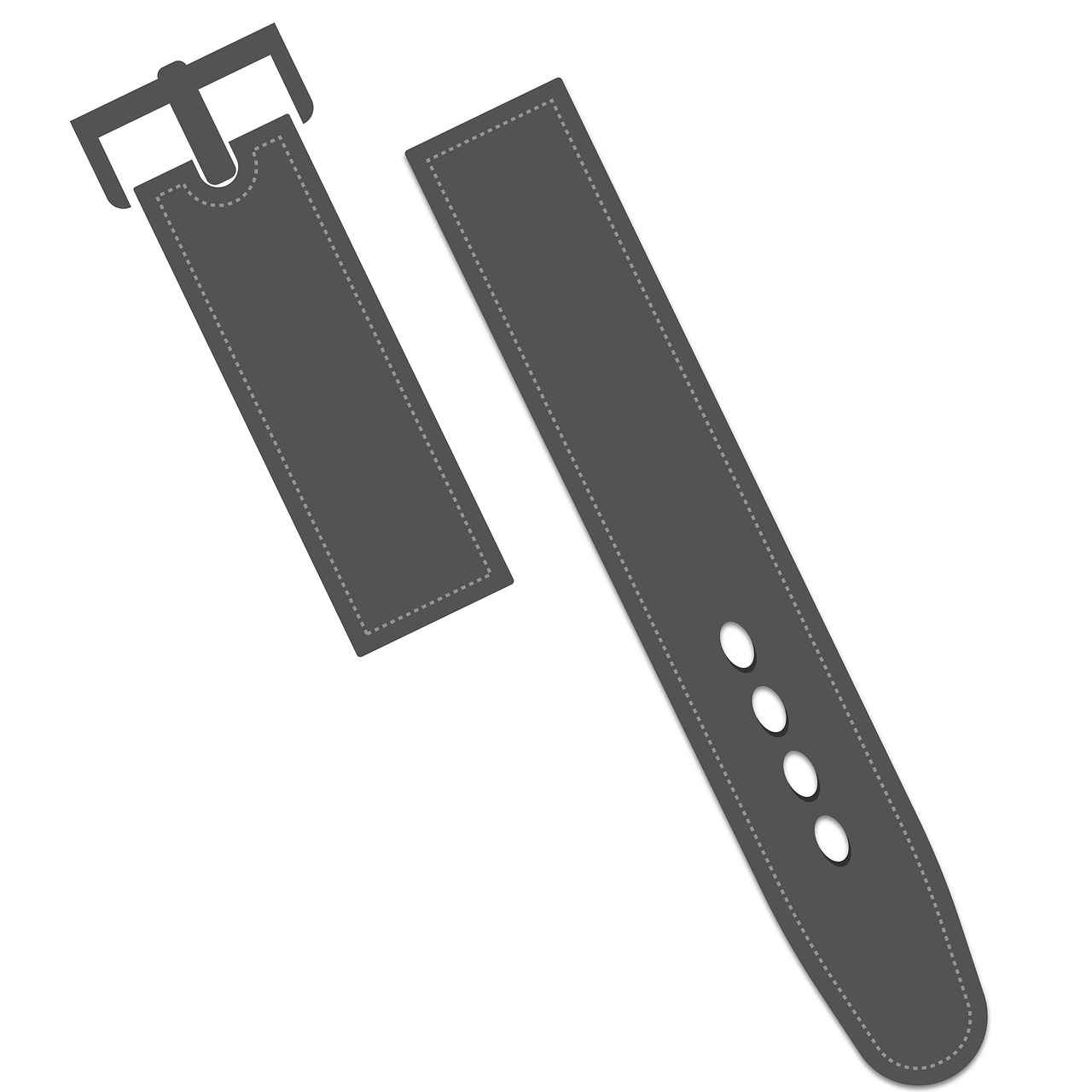
Smart Watches with the Best Battery Life
When it comes to choosing a smartwatch, battery life stands out as a critical factor for users. With the increasing demand for features such as health tracking, notifications, and GPS functionality, a long-lasting battery is essential to ensure that your device keeps up with your lifestyle.
In 2024, many smartwatch manufacturers have focused on enhancing battery performance without compromising on features. Users are looking for devices that can last multiple days on a single charge, making it easier to track fitness goals and stay connected without frequent recharging.
Here are some of the top smartwatches that excel in battery life:
- Garmin Fenix 7: Known for its rugged design and extensive features, this model can last up to 18 days in smartwatch mode and even longer in battery saver mode.
- Samsung Galaxy Watch 5: With a battery that can last up to 40 hours, this watch combines style with functionality, making it a favorite among users.
- Apple Watch Series 8: While it offers a plethora of features, it still manages to provide a battery life of up to 18 hours, making it suitable for all-day use.
- Fitbit Versa 4: This fitness-focused smartwatch boasts an impressive battery life of up to 6 days, ideal for those who prioritize health tracking.
Additionally, many of these smartwatches utilize advanced charging technologies. For instance, quick charging options allow users to gain several hours of usage with just a short charging session, which is particularly beneficial for those with busy lifestyles.
Ultimately, when selecting a smartwatch, it’s essential to consider how battery life aligns with your daily routines and activity levels. By understanding the models that offer the best longevity, you can make a more informed decision that enhances your experience.
Charging Technologies in Smart Watches
When it comes to selecting a smartwatch, one of the most important factors to consider is the charging technology employed by different models. Various smartwatches utilize distinct charging methods, each with its own set of advantages and disadvantages. Understanding these technologies can significantly impact your decision-making process, ensuring you choose a model that aligns with your lifestyle and usage patterns.
Most smartwatches fall into one of three main categories of charging technologies:
- Magnetic Charging: This is one of the most common methods, where a magnetic charger snaps onto the back of the watch. It’s user-friendly and minimizes wear and tear on charging ports. However, it may not be as fast as other methods.
- Wireless Charging: Some smartwatches support Qi wireless charging, allowing users to charge their devices by simply placing them on a compatible charging pad. This technology is convenient and eliminates the hassle of cables but may require longer charging times.
- Direct Charging: This method involves a traditional charging cable that connects directly to the watch. While it can provide faster charging, it may lead to increased wear on the device’s charging port over time.
In addition to the charging technology itself, it’s essential to consider the battery life and how it aligns with your daily routine. For instance, if you frequently travel or are often away from a charger, opting for a smartwatch with longer battery life and efficient charging technology is crucial.
Ultimately, the choice of charging technology should complement your lifestyle. Whether you prioritize speed, convenience, or longevity, understanding the various options available will empower you to make an informed decision that enhances your smartwatch experience.
Battery Life Comparison Chart
When it comes to choosing the right smartwatch, battery life is one of the most critical factors to consider. A smartwatch that lasts longer on a single charge can significantly enhance your experience, allowing you to stay connected without the constant worry of recharging. To assist you in making an informed decision, we have compiled a comparative chart that highlights the battery performance of the top smartwatches in 2024.
| Smartwatch Model | Battery Life (Days) | Charging Time (Hours) | Features Impacting Battery Life |
|---|---|---|---|
| Model A | 10 | 1.5 | Heart Rate Monitoring, GPS |
| Model B | 7 | 2 | Always-On Display, Music Storage |
| Model C | 14 | 1 | Basic Notifications, Fitness Tracking |
| Model D | 5 | 2.5 | Advanced Health Metrics, LTE |
| Model E | 12 | 1.2 | Sleep Tracking, Customizable Watch Faces |
This chart clearly illustrates which models excel in terms of longevity. For example, Model C stands out with an impressive 14 days of battery life, making it ideal for users who prefer minimal charging interruptions. On the other hand, Model D may require more frequent charging due to its advanced features, which can drain the battery faster.
Understanding the balance between features and battery life is essential. Users who prioritize fitness tracking and health metrics may find that a smartwatch with a shorter battery life, like Model D, offers valuable insights that justify the trade-off. Conversely, those who seek a more basic experience may lean towards models like Model C for extended usage.
In summary, this comparative chart serves as a valuable tool for evaluating the battery life of various smartwatches, helping you to choose the model that best suits your lifestyle and needs.

Best Smart Watches for Health Tracking
In today’s digital age, health tracking capabilities have emerged as a crucial feature for smartwatches, making them indispensable tools for health-conscious individuals. These devices not only tell time but also monitor vital health metrics, helping users maintain a better understanding of their overall well-being.
When selecting a smartwatch focused on health tracking, it’s essential to consider various features. The best models offer a range of functionalities, including:
- Heart Rate Monitoring: Continuous heart rate tracking allows users to keep tabs on their cardiovascular health throughout the day.
- Sleep Tracking: Advanced sleep analysis provides insights into sleep patterns, helping users improve their sleep quality.
- ECG Monitoring: Some smartwatches come equipped with electrocardiogram capabilities, enabling users to detect irregular heart rhythms.
- Blood Oxygen Level Monitoring: This feature helps users understand their respiratory health and can be crucial for athletes and those with specific health conditions.
- Activity Tracking: Comprehensive tracking of various physical activities, from steps taken to calories burned, encourages a more active lifestyle.
Among the top contenders for best health tracking smartwatches in 2024 are:
| Smartwatch Model | Key Features | Price Range |
|---|---|---|
| Apple Watch Series 8 | ECG, Blood Oxygen, Sleep Tracking | $399 – $749 |
| Samsung Galaxy Watch 5 | Heart Rate, Sleep, Body Composition | $279 – $329 |
| Fitbit Sense 2 | Stress Management, ECG, Sleep | $299 |
| Garmin Venu 2 | Pulse Ox, Heart Rate, Fitness Age | $399 |
These models stand out not only for their advanced health tracking features but also for their user-friendly interfaces and compatibility with various health apps. Investing in a smartwatch that excels in health monitoring can empower you to take charge of your health journey, making it easier to achieve your fitness goals and maintain a healthier lifestyle.
Sleep Tracking Features
Sleep tracking has emerged as a vital component of health management, offering insights that can significantly enhance well-being. As our understanding of sleep’s impact on overall health deepens, many smartwatches have integrated advanced sleep tracking features to help users monitor and improve their sleep patterns.
Modern smartwatches utilize a combination of sensors, including heart rate monitors, accelerometers, and even SpO2 sensors, to analyze sleep stages such as light, deep, and REM sleep. These devices can provide users with a comprehensive overview of their nightly rest, identifying issues such as insomnia or irregular sleep patterns.
- Data Analysis: Many smartwatches offer detailed reports on sleep duration and quality, making it easier for users to understand their sleep habits.
- Personalized Insights: Some models provide tailored recommendations, such as optimal sleep times and tips for improving sleep quality based on individual data.
- Integration with Health Apps: These devices often sync with health apps, allowing users to track their sleep alongside other health metrics like activity levels and heart rate.
For instance, the latest models from brands like Apple and Fitbit feature advanced algorithms that not only track sleep but also analyze trends over time. This can be particularly beneficial for users looking to enhance their sleep hygiene.
Moreover, the ability to set sleep schedules and receive reminders to wind down can help users establish healthier routines. By prioritizing sleep, individuals can improve their cognitive function, mood, and overall health.
In conclusion, investing in a smartwatch with robust sleep tracking capabilities can provide valuable insights that lead to better sleep and, consequently, a healthier lifestyle. As technology continues to evolve, these features will only become more sophisticated, making it easier for users to take control of their sleep health.
ECG and Blood Oxygen Monitoring
As health and wellness continue to take center stage in our daily lives, the integration of advanced health monitoring features in smartwatches has become increasingly significant. Among these features, ECG (electrocardiogram) and blood oxygen saturation (SpO2) monitoring stand out as essential tools for maintaining optimal health.
Smartwatches equipped with ECG monitoring allow users to track their heart’s electrical activity, providing critical insights into their cardiovascular health. This feature is particularly beneficial for individuals with existing heart conditions or those who want to proactively manage their heart health. By simply placing a finger on the watch’s sensor, users can receive instant feedback on their heart rhythm, helping to detect irregularities such as atrial fibrillation.
On the other hand, blood oxygen monitoring measures the oxygen levels in the user’s bloodstream, which is vital for assessing respiratory health. A healthy SpO2 level typically ranges from 95% to 100%. Smartwatches with this capability can alert users to potential health issues, such as sleep apnea or other respiratory conditions, allowing for timely medical intervention.
Several leading smartwatch brands have embraced these advanced features, making them accessible to a broader audience. For example, models like the Apple Watch Series 8 and the Samsung Galaxy Watch 5 come equipped with both ECG and SpO2 monitoring. These devices not only offer health monitoring but also integrate seamlessly with fitness tracking and smartphone notifications, making them versatile companions for everyday use.
Moreover, the benefits of having such health monitoring features extend beyond individual users. They contribute to a larger trend of preventive healthcare, empowering users to take charge of their health and make informed decisions. With the ability to share ECG readings and oxygen levels with healthcare providers, patients can engage in more informed discussions about their health.
In summary, the incorporation of ECG and blood oxygen monitoring in smartwatches represents a significant advancement in health technology. As these features become more common, they offer users valuable tools for managing their health proactively and effectively.
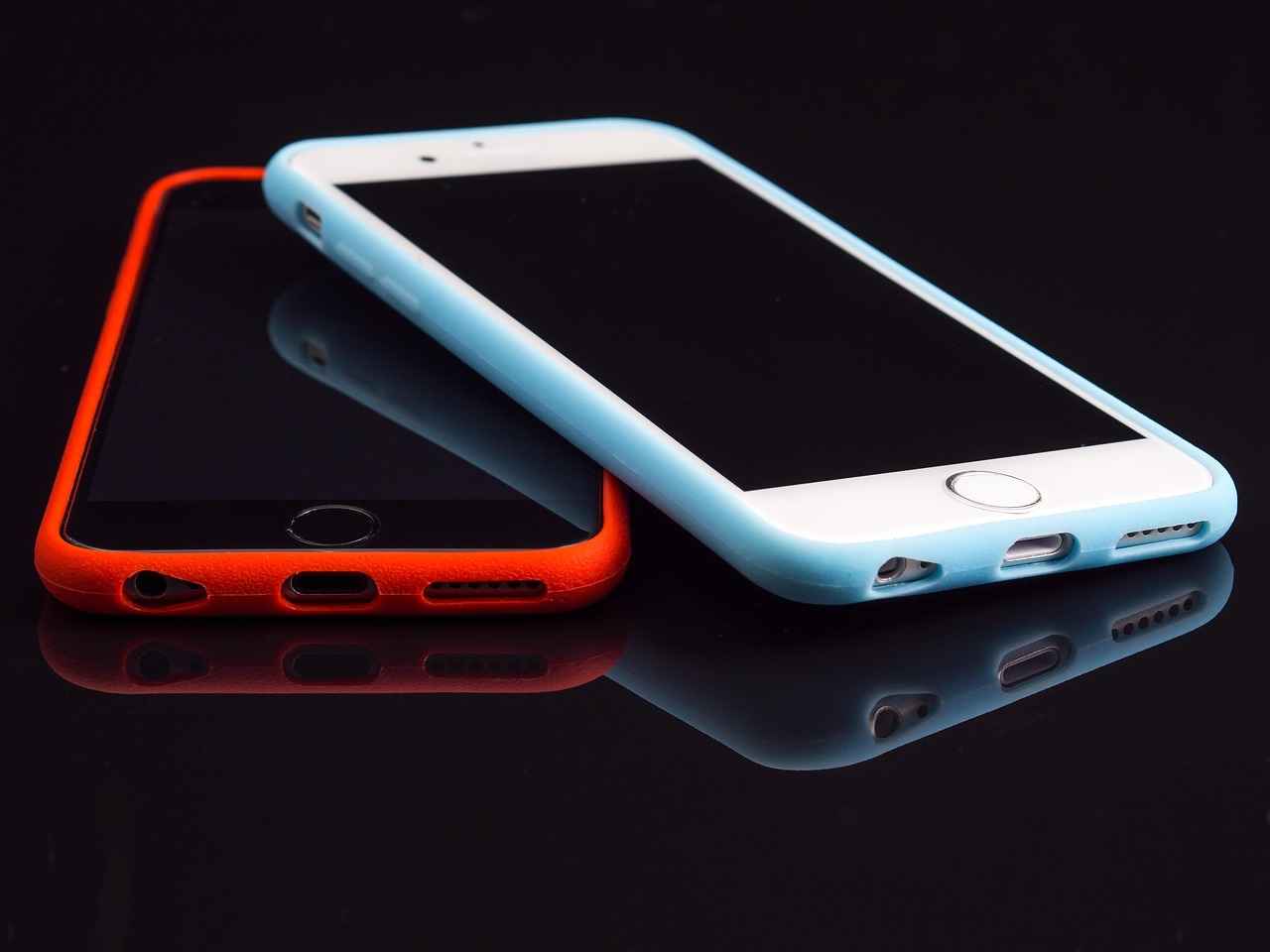
Smart Watches for Tech Enthusiasts
In the rapidly evolving world of technology, tech-savvy users are increasingly on the lookout for smartwatches that not only keep up with their fast-paced lives but also offer cutting-edge features that enhance their daily experiences. These devices are not just timekeepers; they are powerful tools that integrate seamlessly with other technologies, providing a comprehensive ecosystem for users.
When evaluating the best smartwatches for tech enthusiasts, several key features stand out:
- Advanced Connectivity Options: Look for models that support Wi-Fi, Bluetooth, and cellular connectivity, allowing for greater flexibility and independence from smartphones.
- Customizable Interfaces: A smartwatch that offers custom watch faces and app layouts can significantly enhance user experience, allowing for personalization.
- Robust App Ecosystem: The best smartwatches come with access to a wide range of applications that cater to various interests, from fitness tracking to productivity tools.
- Voice Assistant Integration: Smartwatches that integrate with popular voice assistants like Siri, Google Assistant, or Alexa make it easier to manage tasks hands-free.
Some of the top smartwatches for tech enthusiasts in 2024 include:
| Model | Key Features | Price |
|---|---|---|
| Apple Watch Series 9 | Always-on display, ECG, and blood oxygen monitoring | $399 |
| Samsung Galaxy Watch 6 | Rotating bezel, sleep tracking, and extensive app support | $329 |
| Garmin Venu 3 | Advanced fitness tracking, GPS, and long battery life | $499 |
In conclusion, tech enthusiasts should prioritize smartwatches that not only offer the latest technology but also enhance their overall lifestyle. By understanding the essential features and exploring the top models available, users can find a smartwatch that perfectly aligns with their needs.
Frequently Asked Questions
- What features should I consider when buying a smartwatch?
When choosing a smartwatch, think about battery life, compatibility with your phone, health tracking capabilities, and design. These features can dramatically impact your experience and how well the watch fits into your lifestyle.
- Which smartwatches are best for fitness tracking?
For fitness enthusiasts, look for smartwatches that offer heart rate monitoring, GPS tracking, and activity-specific features. Models like the Garmin Forerunner series or the Apple Watch Series are popular choices among runners and gym-goers alike.
- How important is battery life in a smartwatch?
Battery life is crucial! A smartwatch with a long-lasting battery means you won’t have to charge it daily. Look for models that offer at least 2-3 days of battery life, especially if you plan to use health tracking features extensively.
- Can smartwatches really track my sleep?
Absolutely! Many modern smartwatches come equipped with sleep tracking features that analyze your sleep patterns and provide insights to improve your sleep quality. It’s like having a personal sleep coach on your wrist!
- What advanced health features should I look for?
If you’re into health monitoring, consider smartwatches that offer ECG and blood oxygen monitoring. These features can give you valuable insights into your heart health and overall wellness.

